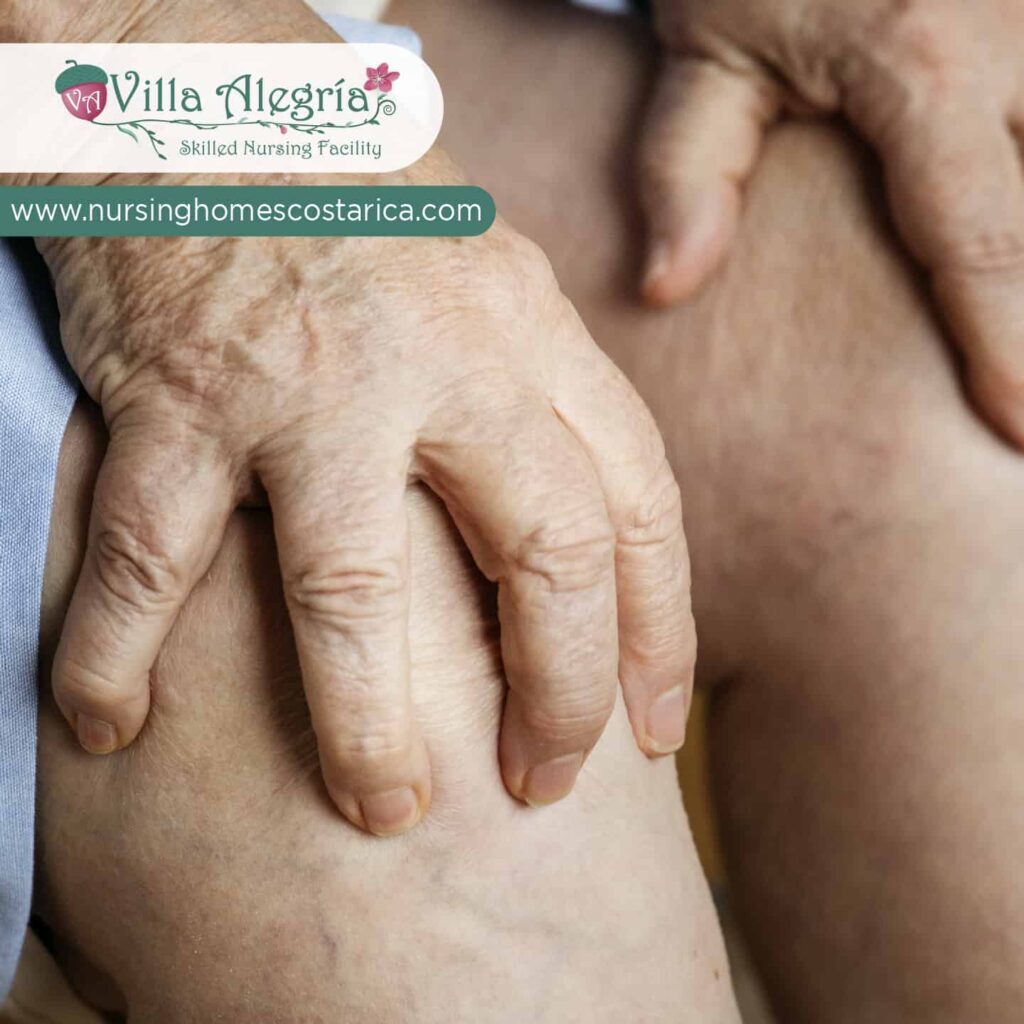
How to avoid leg cramps
Table Of Contents

How to Avoid Leg Cramps: Strategies to Maintain Muscle Well-being
Leg cramps are a common problem that can affect people of all ages, but in older adults, proper prevention and management are especially important. In this in-depth article, we’ll explore the causes of leg cramps, as well as practical strategies to prevent them and promote optimal muscle wellness.
Understanding Leg Cramps
Leg cramps are involuntary, painful muscle contractions that can occur at any time, even during the night. These cramps often affect the calf muscles and can last from a few seconds to several minutes.
Causes of Leg Cramps in Older Adults
Several causes may contribute to leg cramps in older adults:
1. Dehydration
Lack of adequate hydration can lead to electrolyte imbalances that contribute to cramps.
2. Lack of Stretching
Lack of regular stretching can make muscles more prone to cramping.
3. Circulation problems
Medical conditions such as venous insufficiency can affect blood circulation and contribute to cramps.
4. Medicines
Some medications can increase the risk of cramps as a side effect.
Strategies to Prevent Leg Cramps
1. Stay Hydrated
Drinking enough water is essential to prevent electrolyte imbalances.
2. Regular Stretch
Perform gentle stretches before and after physical activity to maintain muscle flexibility.
3. Moderate Exercise
Regular, moderate exercise can improve blood circulation and prevent cramps.
4. Massages and Hot Compresses
Gently massaging the muscles and applying warm compresses can relieve tension and prevent cramps.
Addressing Leg Cramps
Leg cramps can be annoying and painful, but with the right approach, it is possible to prevent them and minimize their impact on quality of life. By adopting strategies to maintain muscle wellness, older adults can enjoy greater comfort and unrestricted movement.